Today, February 11, US Secretary of Defense Pete Hegseth begins a week-long trip to Germany, Belgium and Poland.
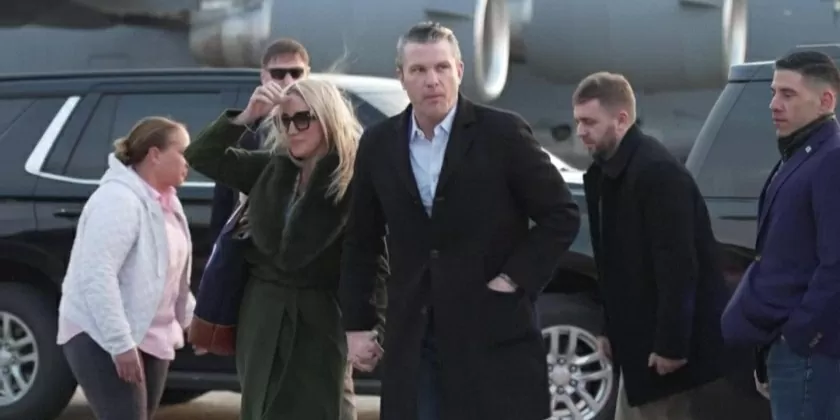 |
| US Defense Secretary Pete Hegseth arrives at Joint Base Andrews, Maryland to begin a visit to three European countries. (Source: Mitv) |
Notably, during the same days that Mr. Pete Hegseth was in Europe, Vice President James David Vance was also in Paris, France to attend the Artificial Intelligence Summit and then flew to Germany to attend the Munich Security Conference with Secretary of State Marco Rubio.
Security talk
During his first stop in Germany, Pete Hegseth will visit the headquarters of the US European Command (USEUCOM) and the US Africa Command (AFRICOM). He will then meet with his counterparts from the North Atlantic Treaty Organization (NATO) and the Ukraine Defense Contact Group (UDCG) in Belgium. On his final leg in Europe, Hegseth will fly to Warsaw for talks with Polish leaders and defense officials.
According to information from the Pentagon, in Brussels, new Defense Secretary Hegseth "will join NATO allies and partners to discuss the need to increase defense spending, strengthen European leadership, and expand the defense industrial base's capabilities on both sides of the Atlantic."
In addition, during the meeting with UDCG allies, the head of the Pentagon will "reaffirm President Donald Trump's commitment to ending the conflict in Ukraine through diplomatic means as soon as possible." Also at the UDCG, Mr. Hegseth emphasized the need to strengthen Europe's leadership role in supporting Ukraine's security, something that President Donald Trump with his "America First" policy has repeatedly called on allies to increase defense spending.
However, for his part, President Donald Trump has so far made no clear statement about his future aid plans for Ukraine. This has worried Kiev and its NATO and EU allies. Under his predecessor Joe Biden, the US has always been the leader in supporting Ukraine, and until Mr. Biden left the White House, his administration had pledged to provide Kiev with about $175 billion in financial and military aid and had actually sent tens of billions of dollars and military equipment to Ukraine.
However, since returning to the White House, and even during the election campaign, President Donald Trump has repeatedly declared that he would end the conflict in Ukraine "within 1 day", review aid to Kiev, ask EU allies to increase their contributions to NATO and demand America's security commitment in Europe.
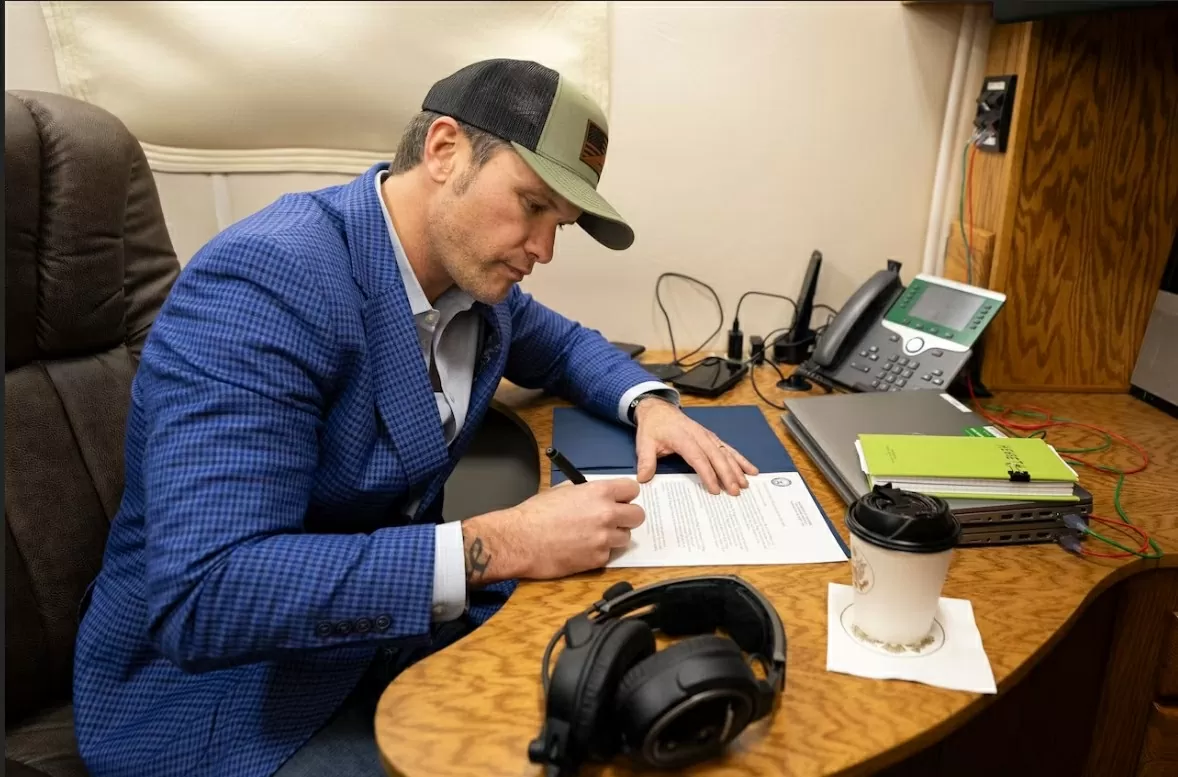 |
| Defense Secretary Pete Hegseth signs a document while on a military plane en route to Germany, Feb. 10. (Source: us.defense.gov) |
Pressure and reassurance
The 47th White House boss’s statements have created an atmosphere of anxiety in Kiev and many other parts of Europe about the future of US aid. This not only reduces support from Washington but also leads to a decrease in support from US allies in Europe and NATO, making Kiev’s ability to resist attacks from Russia weaker without additional support from Washington and NATO.
On February 10, in an interview with British television station ITV News ahead of the UDGC meeting, Ukrainian President Zelensky said: "If I knew that the United States and Europe would not abandon us, that they would support us and provide us with security guarantees, then I would be prepared for any form of negotiations (with Russia)."
Not stopping at the statements about cutting aid to Kiev that worried Mr. Zelensky, before the trip of three senior US officials to the EU, Mr. Trump also shook some of Washington's closest partners by imposing high tariffs on NATO allies such as Canada and threatening to do the same to the European Union. In addition, the White House owner also threatened Denmark, a NATO member, that the US would control its territory of Greenland.
In the atmosphere of anxiety that has enveloped Kiev and its EU allies stemming from President Donald Trump's statements, the mission of the three senior US officials' trip to the old continent this week shows that President Donald Trump's "America First" policy is being vigorously implemented. A decisive implementation in the style of the White House owner: pressure first, reassurance later to always have the advantage in negotiations and negotiations.
Source: https://baoquocte.vn/bo-truong-quoc-phong-my-tham-chau-au-giai-bai-toan-kho-o-ukraine-303932.html































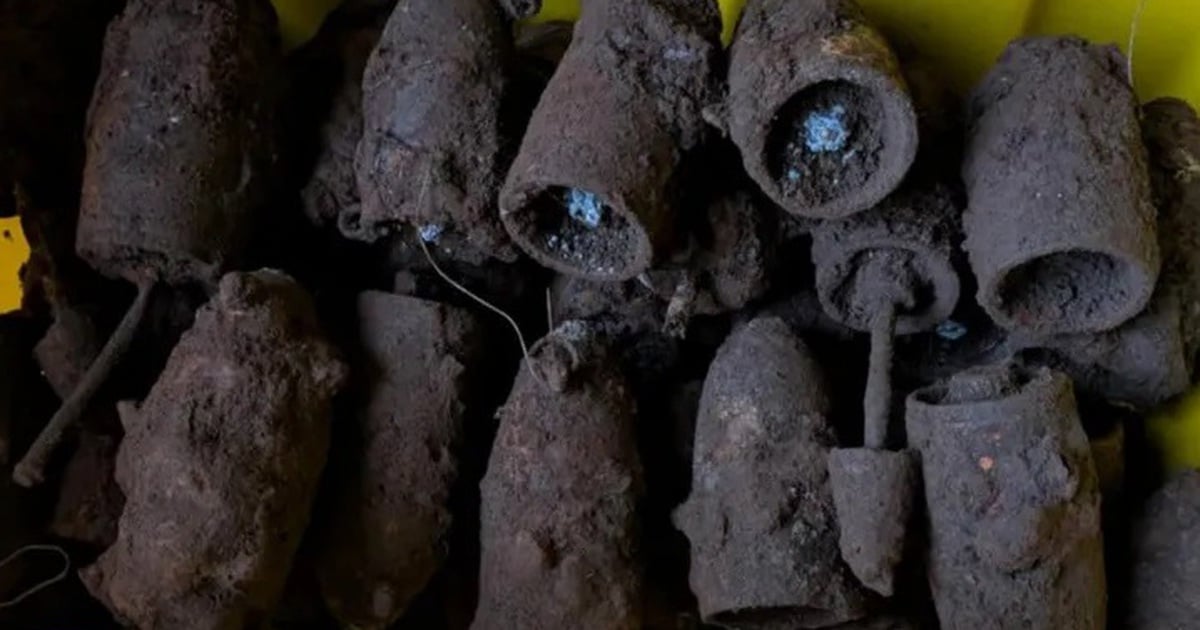

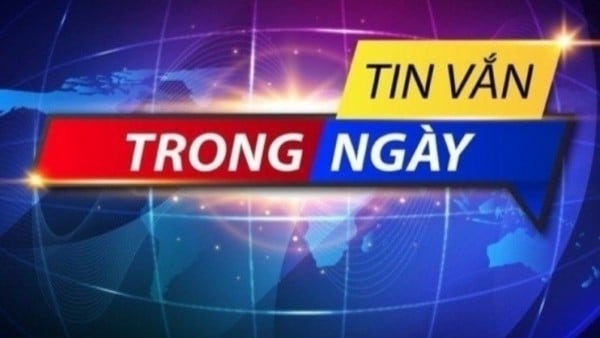
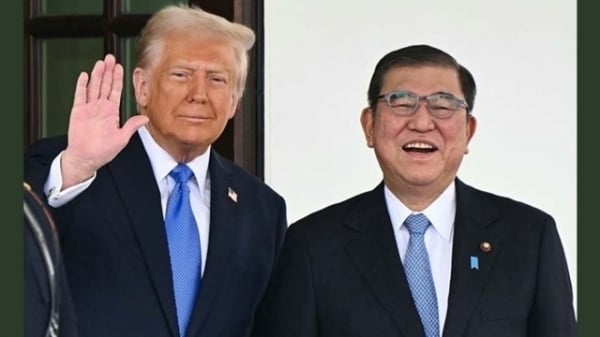

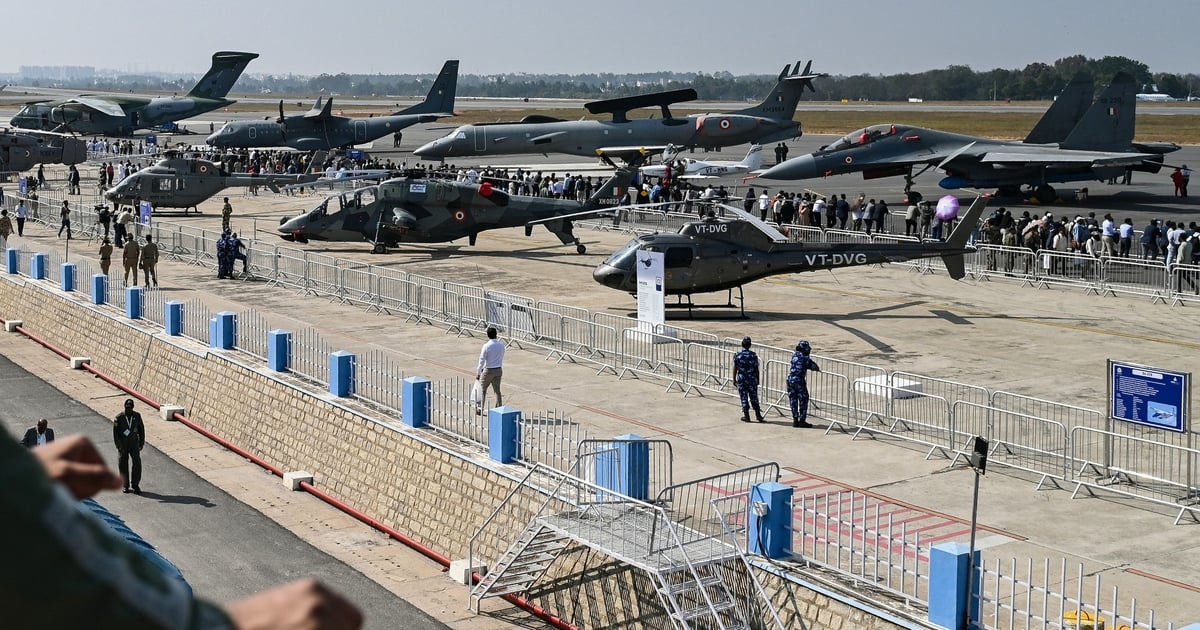
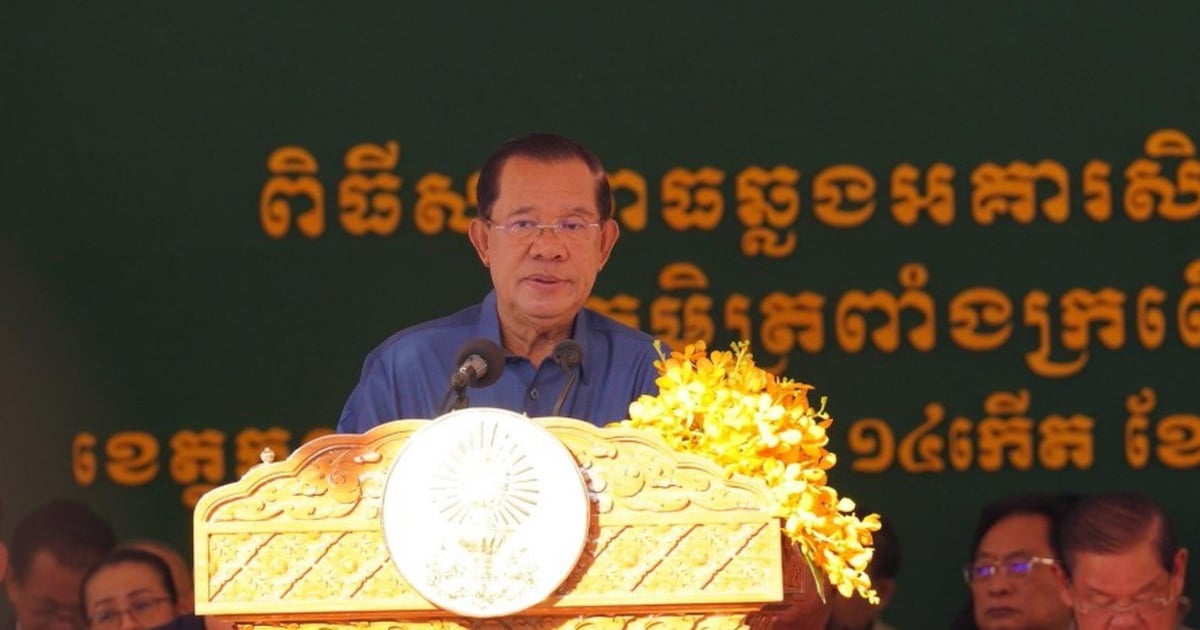








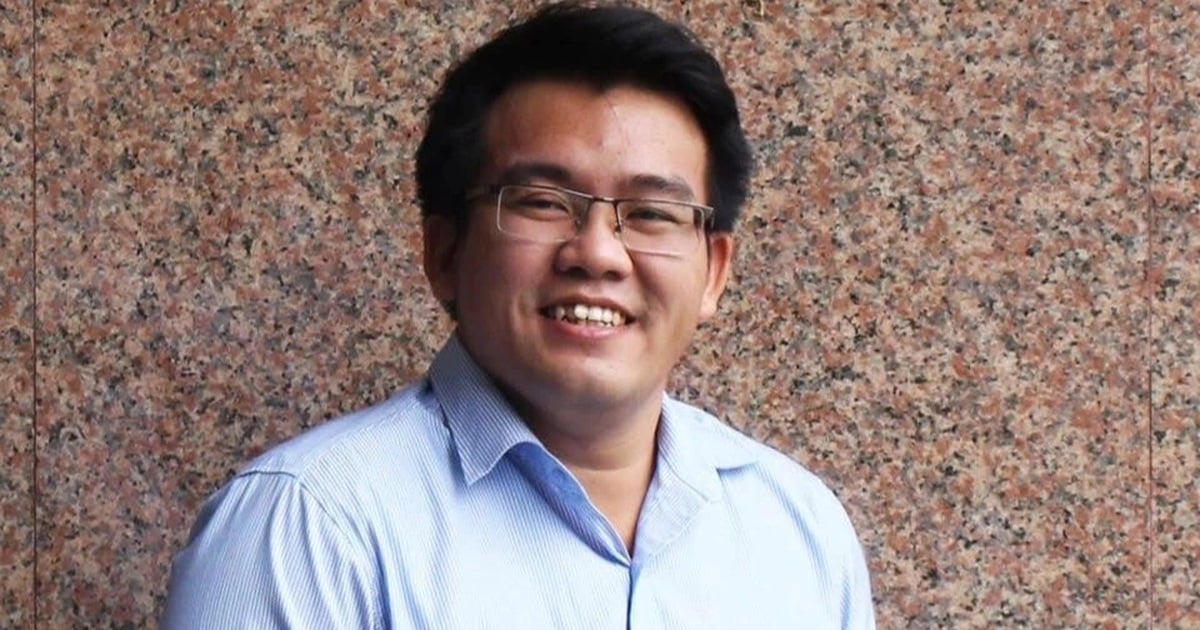







Comment (0)